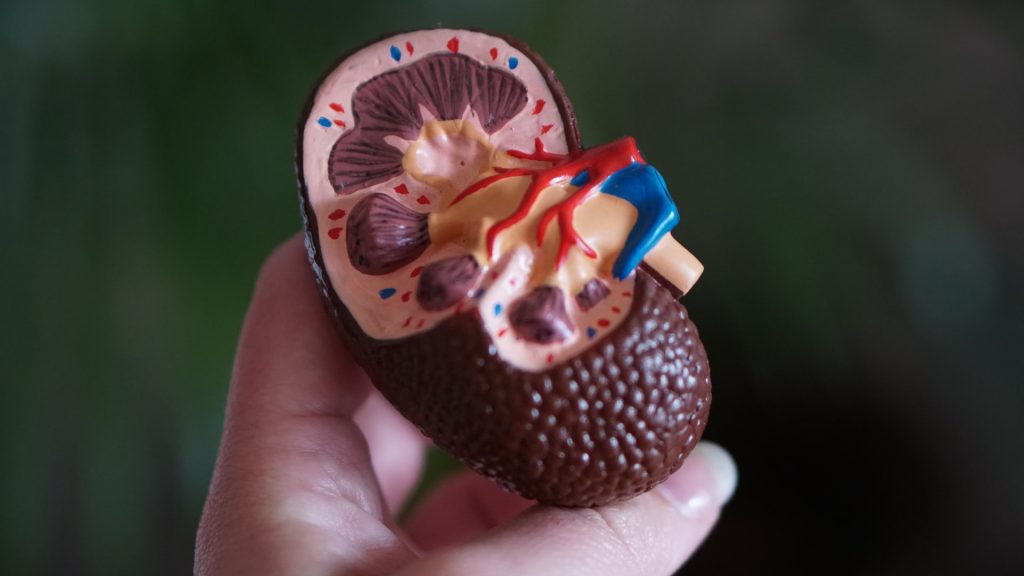
In a new study published in the American Journal of Transplantation, researchers report that they successfully transplanted two kidneys from a genetically modified pig into a human recipient who had suffered brain death.
The use of pig organs, genetically modified to enable transplantation into humans, could ease the shortage of available donor organs for transplantation and prevent thousands of deaths that result each year due to a shortage of organs. Recently, a US man became the first human recipient of a genetically modified pig heart.
This study used a novel preclinical human model to answer numerous critical safety questions. No hyperacute rejection was seen for the 74 hours until termination. No chimerism or transmission of porcine retroviruses was detected. Longitudinal biopsies revealed thrombotic microangiopathy that did not progress in severity, without evidence of cellular rejection or deposition of antibody or complement proteins. Although the xenografts produced variable amounts of urine, creatinine clearance did not recover. Whether renal recovery was impacted by the milieu of brain death and/or microvascular injury remains unknown.
The study provides important insights and identifies several areas where additional research is needed before xenotransplantation can be used to help address the current organ shortage.
“This study provides knowledge that could not be generated in animal models and moves us closer to a future where organ supply meets the tremendous need,” said senior author Jayme E. Locke, MD, MPH, of the University of Alabama at Birmingham.
Source: Wiley

